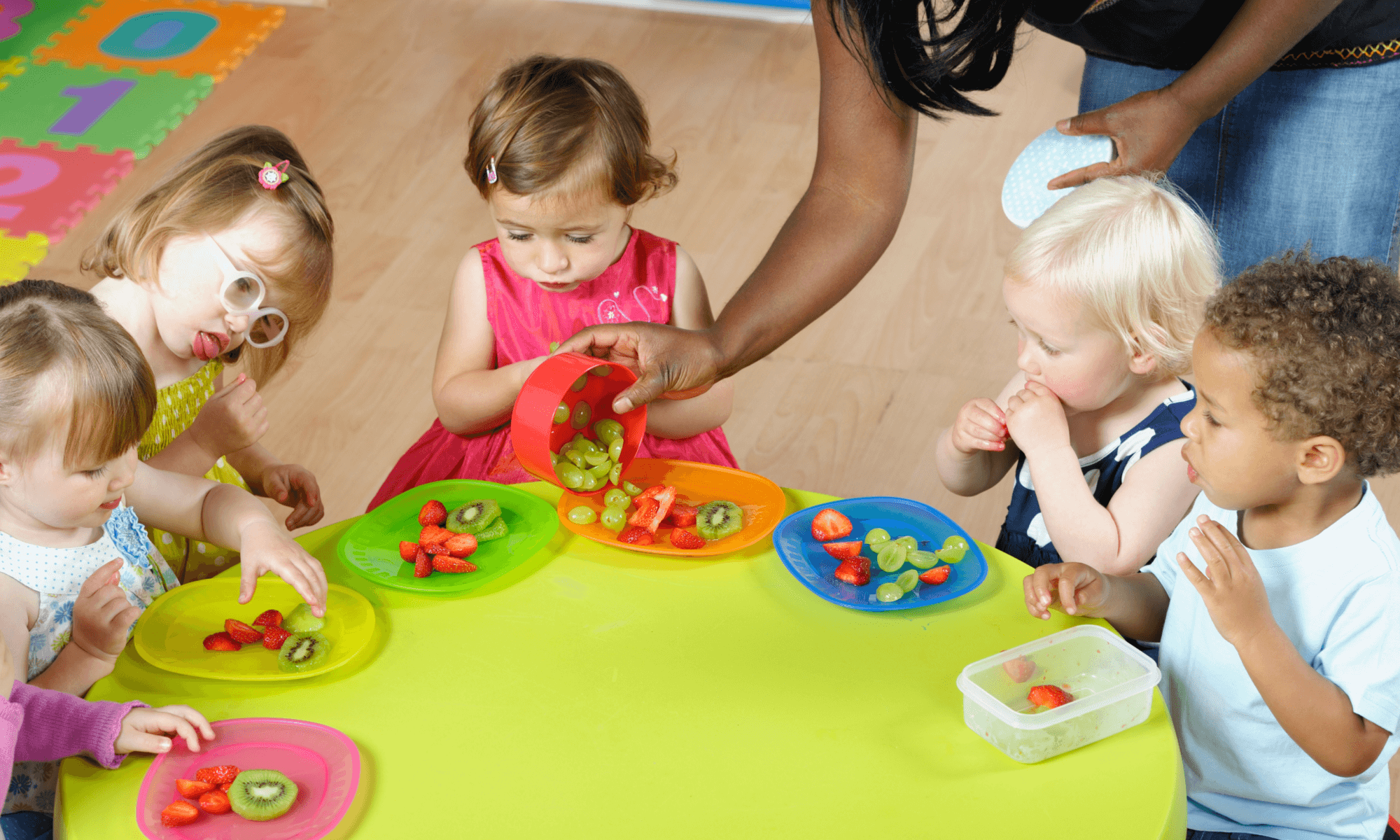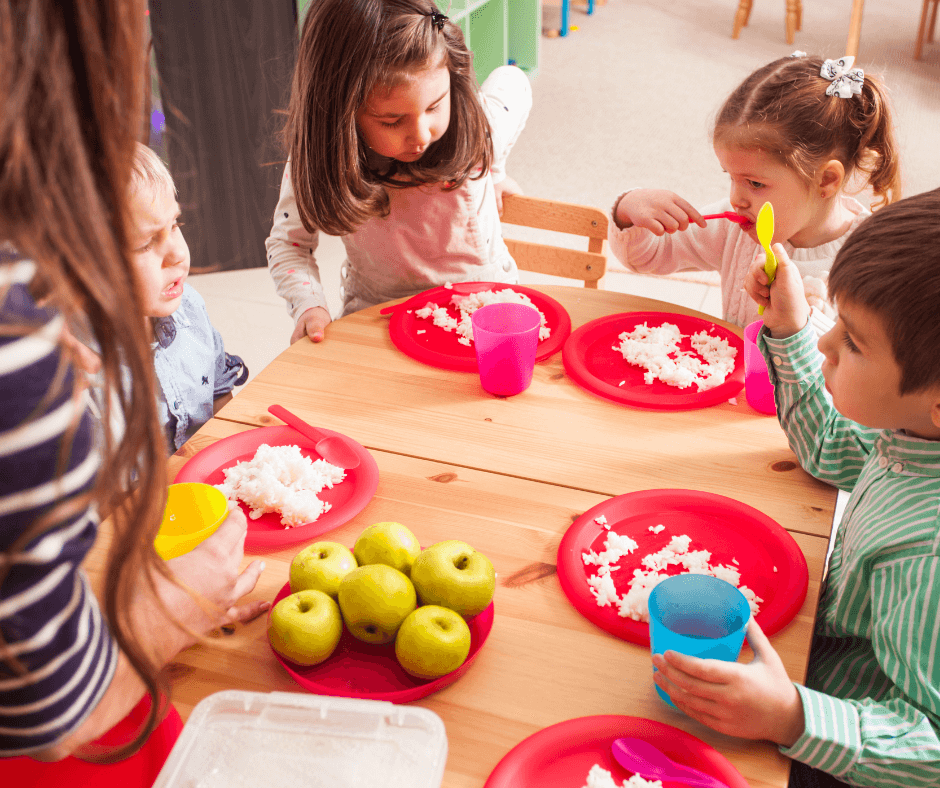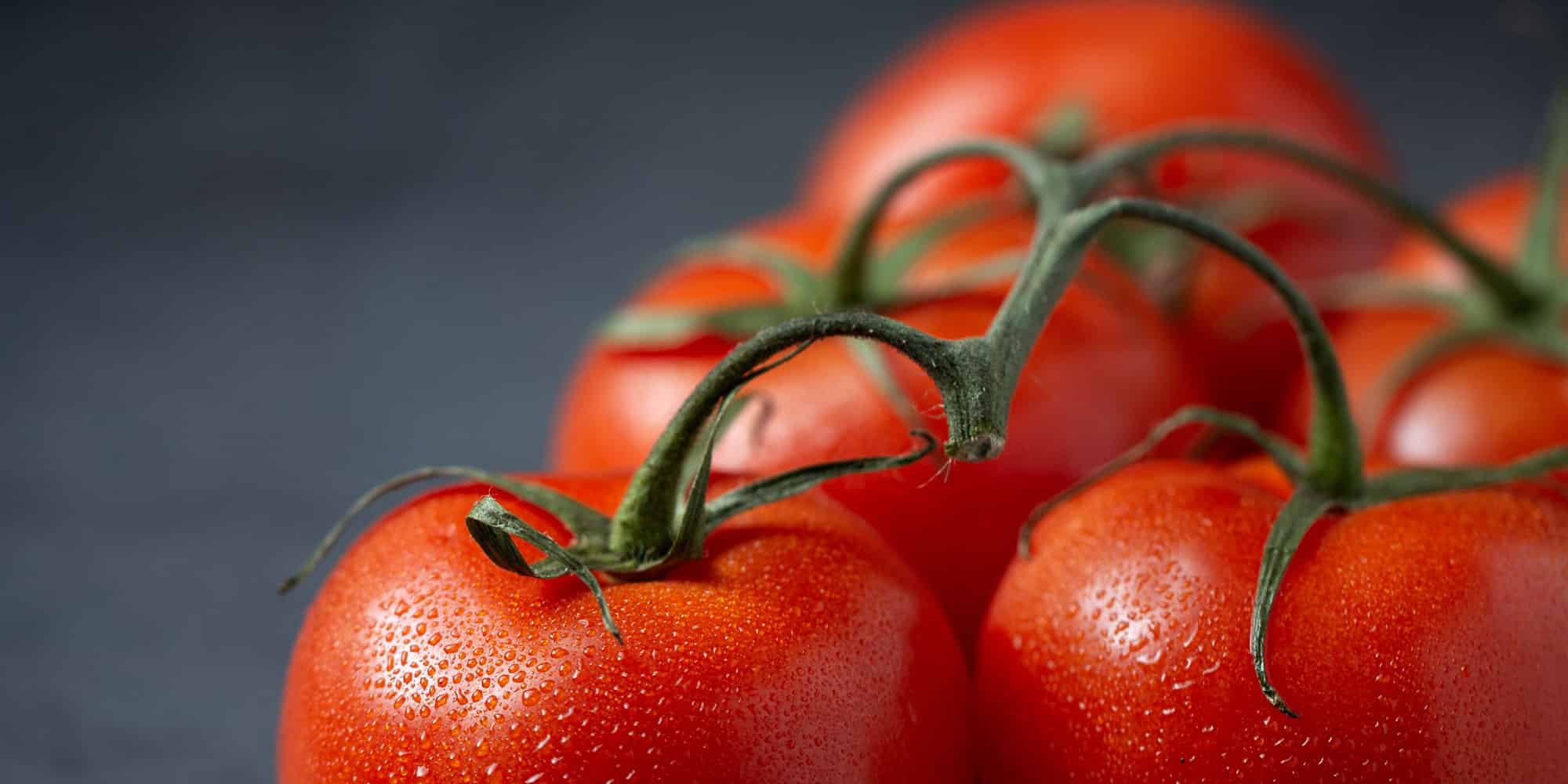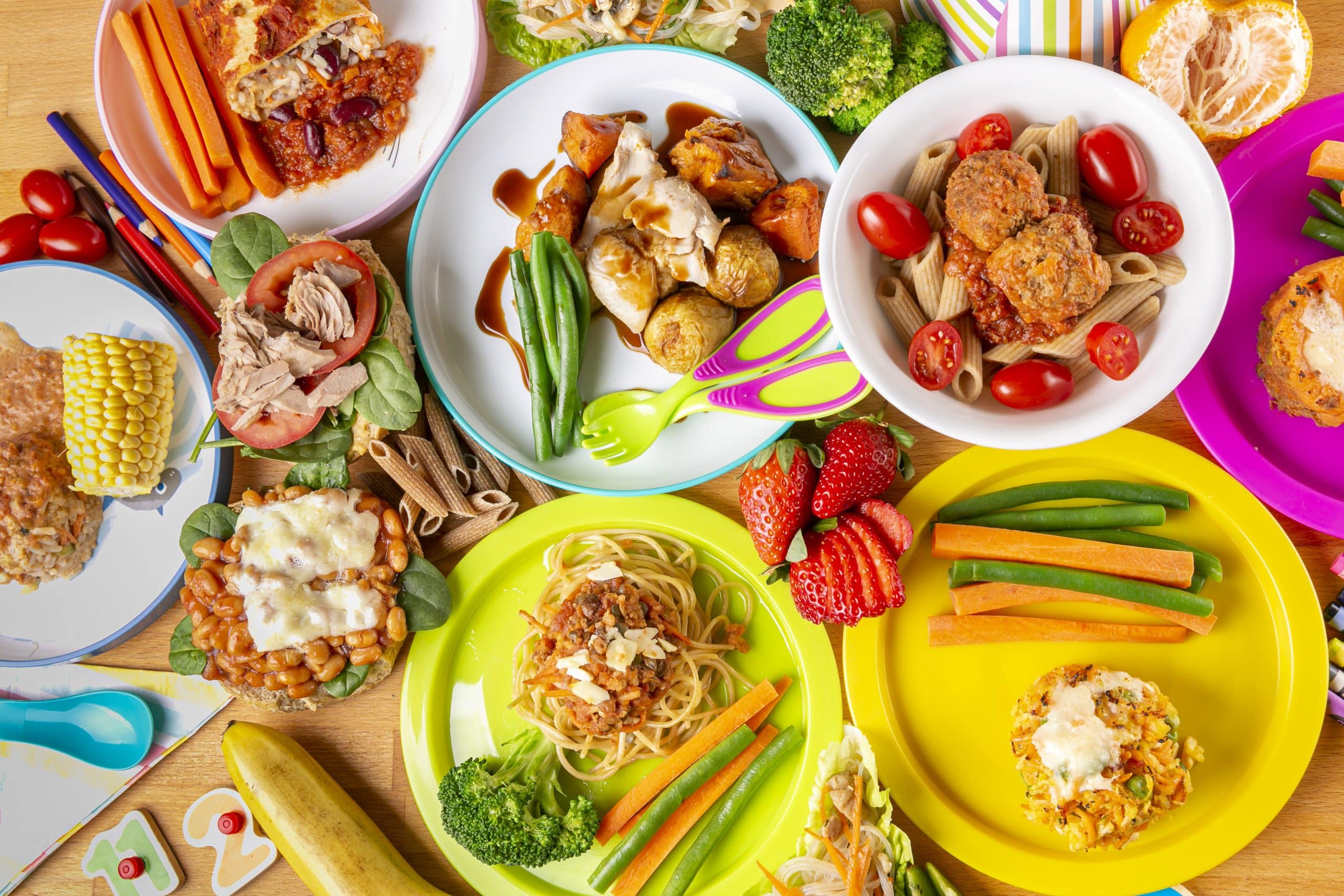Premium Fuel Only Please: Why a Balanced Diet is Best for Children
Childhood is the starting point where foundations for future health are laid. Just as a car requires the right fuel to run efficiently, a child’s body needs a balanced diet to thrive, play and learn. Ensuring children adopt a balanced diet is one of the
Read More










